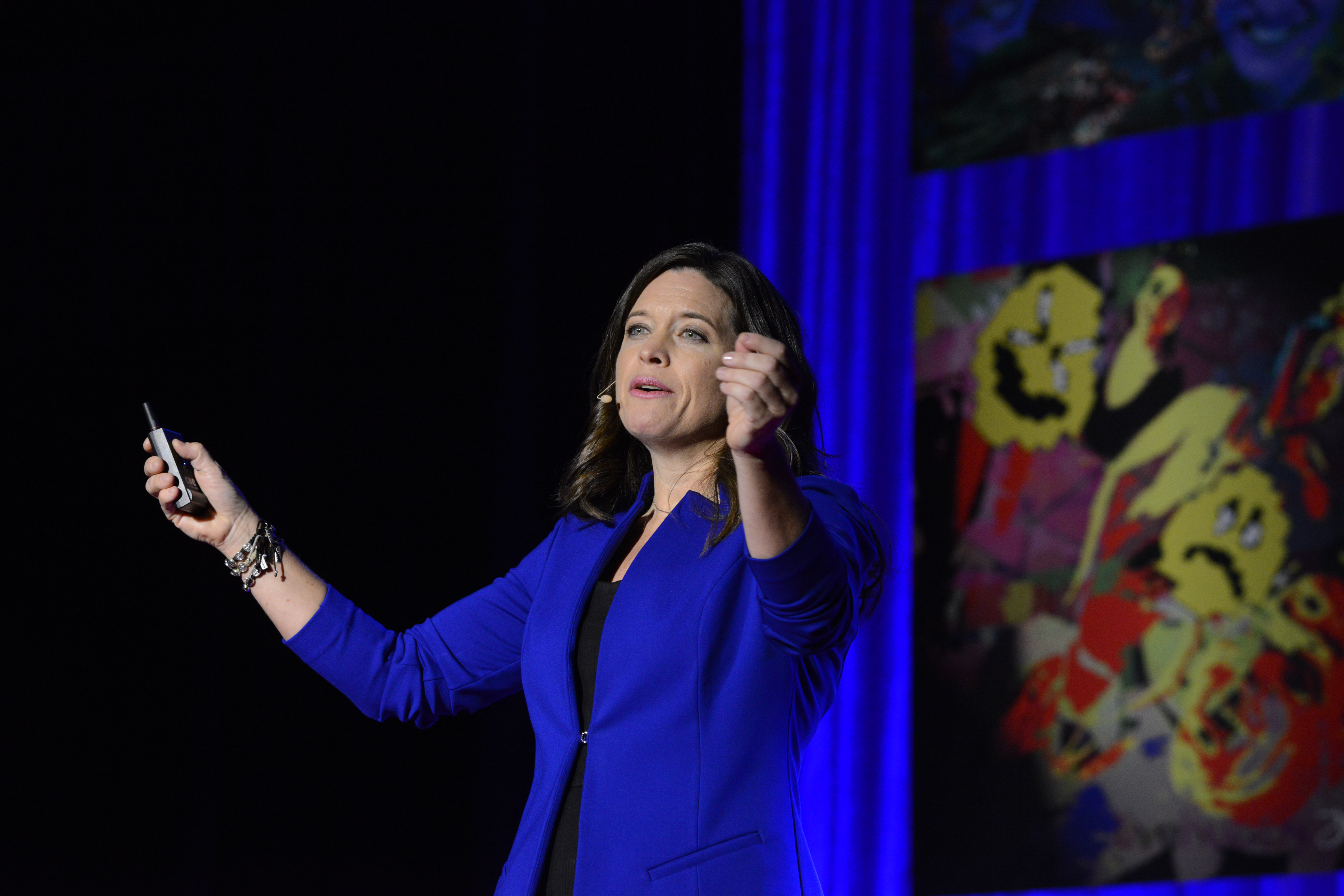Nearly 70% of Americans believe that the U.S. has a major civility problem according to a recent poll. Three-quarters believe that incivility has risen to crisis levels. Yet, over the last two decades I’ve found that workplace incivility continues to rise. Why? We found that the number one reason is stress. People are overwhelmed. They aren’t mindful in their interactions with others.
The other reason people are not more civil is that they are skeptical and even concerned about appearing nice. They believe they will appear less leader-like. They wonder, “don’t nice guys finish last?” Or in other words, do jerks get ahead? It’s easy to think so, especially when a few prominent examples dominate the headlines. After researching the topic for over two decades, I believe those people have succeeded despite their incivility. Studies by Morgan McCall including those with Michael Lombardo while they were with the Center for Creative Leadership, have shown that the number one characteristic associated with an executive’s failure is “an insensitive, abrasive or bullying style,” while another is “aloofness or arrogance.”
There will always be some outliers that succeed despite their incivility. Sooner or later though, most uncivil people sabotage their success. For example, with uncivil executives it comes back to hurt them when they are is a place of weakness or need something–people won’t have their back.
But, does civility pay? As our research has shown, more respectful people reap a windfall of networking and personal benefits, whereas those seen as uncivil get shut out of networks and all the benefits that come with them, such as information, advice, and career opportunities. In one study I did, participants were 1.2 times more likely to recommend a civil person for a job than an uncivil person.
Civil behavior pays in other ways too. Studies I performed with Alexandra Gerbasi and Sebastian Schorch showed that people tended to associate civility (defined in this study as treating someone respectfully, with dignity, politeness, or pleasantry) with being a leader. In a study we did at a biotechnology firm, those seen as civil were twice as likely to be viewed as leaders than those deemed uncivil, and they performed 13 percent better.
Demonstrations of civility also help people become more effective leaders. In a global study of over seventy-five thousand people, participants rated “caring,” “cooperative,” and “fair-minded” most highly among the characteristics of admired leaders. A survey I performed of twenty thousand employees worldwide found that “demonstrating respect” was the most important leadership quality for garnering commitment and engagement. Those who felt their leader demonstrated respect reported 56 percent better health and well-being, 92 percent greater focus and prioritization, 26 percent more meaning and significance, and 55 percent more engagement.
Research shows that civility enhances the performance of teams and organizations as well. A study of cross-functional product teams revealed that when leaders treated members of their team well, and fairly, the team members were more productive individually and as a team. They also were more likely to go above and beyond their job requirements. Civility creates a psychologically safe environment–a trusting, respectful, safe place to take risks. Studying more than 180 of its teams, Google found that who was on a team mattered less than how team members interacted, structured their work, and viewed their contributions. Employees on teams with more psychological safety were more likely to make use of their teammates’ ideas and less likely to leave Google. They generated more revenue for the company and were rated as “effective” twice as often by executives.
By being civil, you get to be a nice person and get ahead. Small actions make a big difference. So, let’s start spreading civility. After all, it pays.
For more on what you can do, please see the TEDx “Do Nice People Finish Last or Best?”
By: Christine Porath, author of Mastering Civility: A Manifesto for the Workplace (Grand Central Publishing, 2016) and professor at Georgetown University’s McDonough School of Business.


